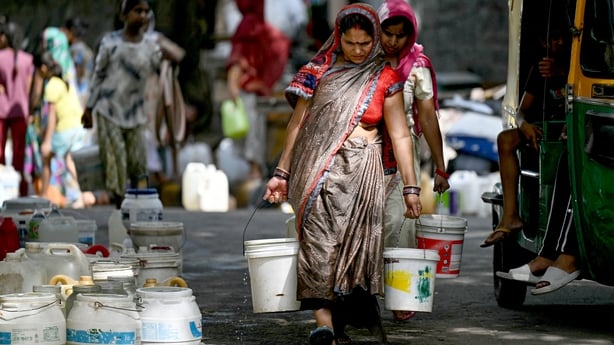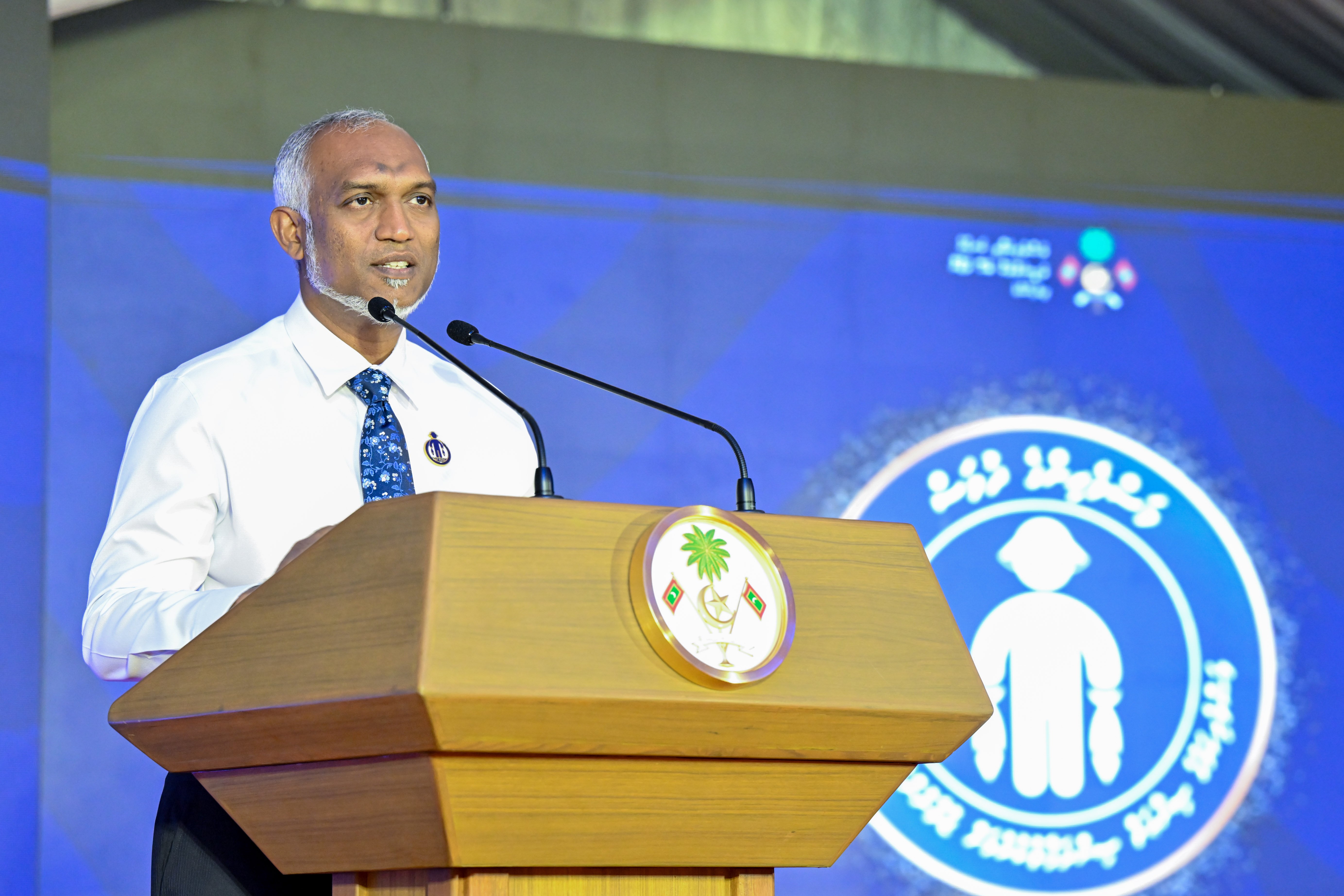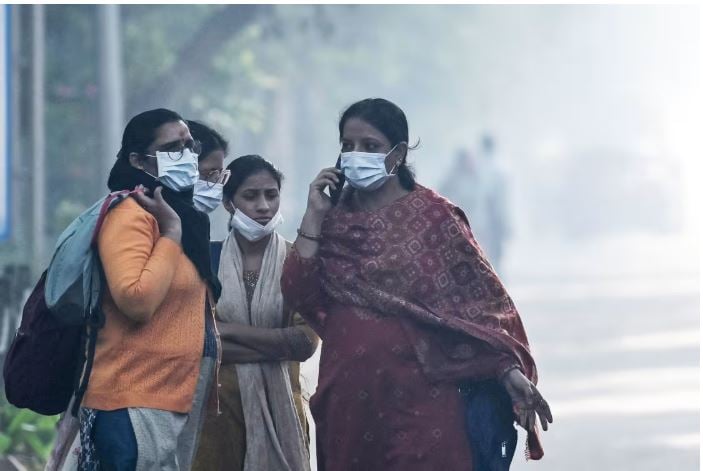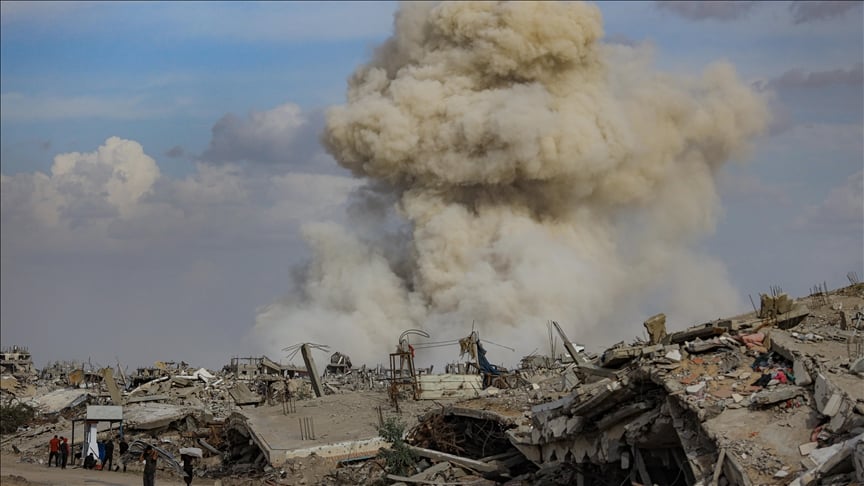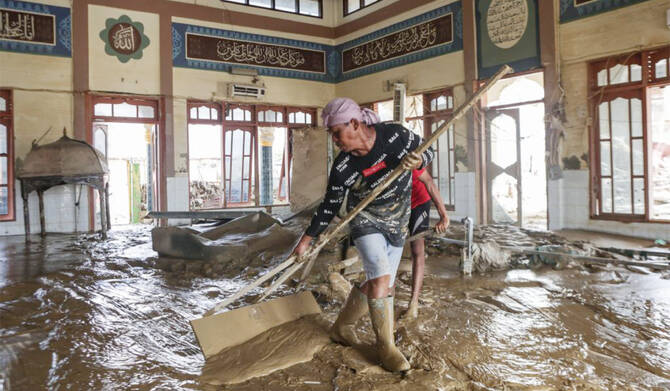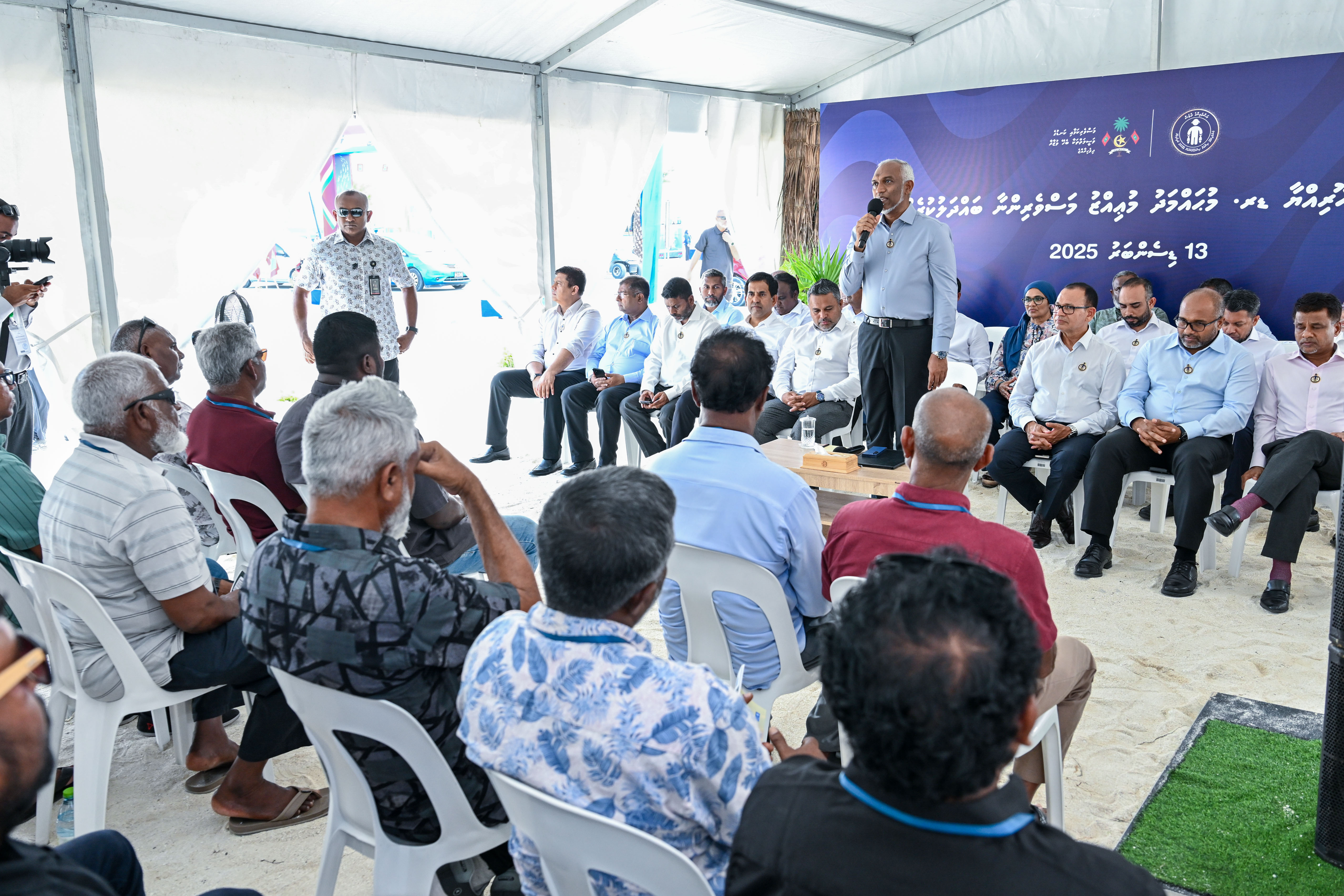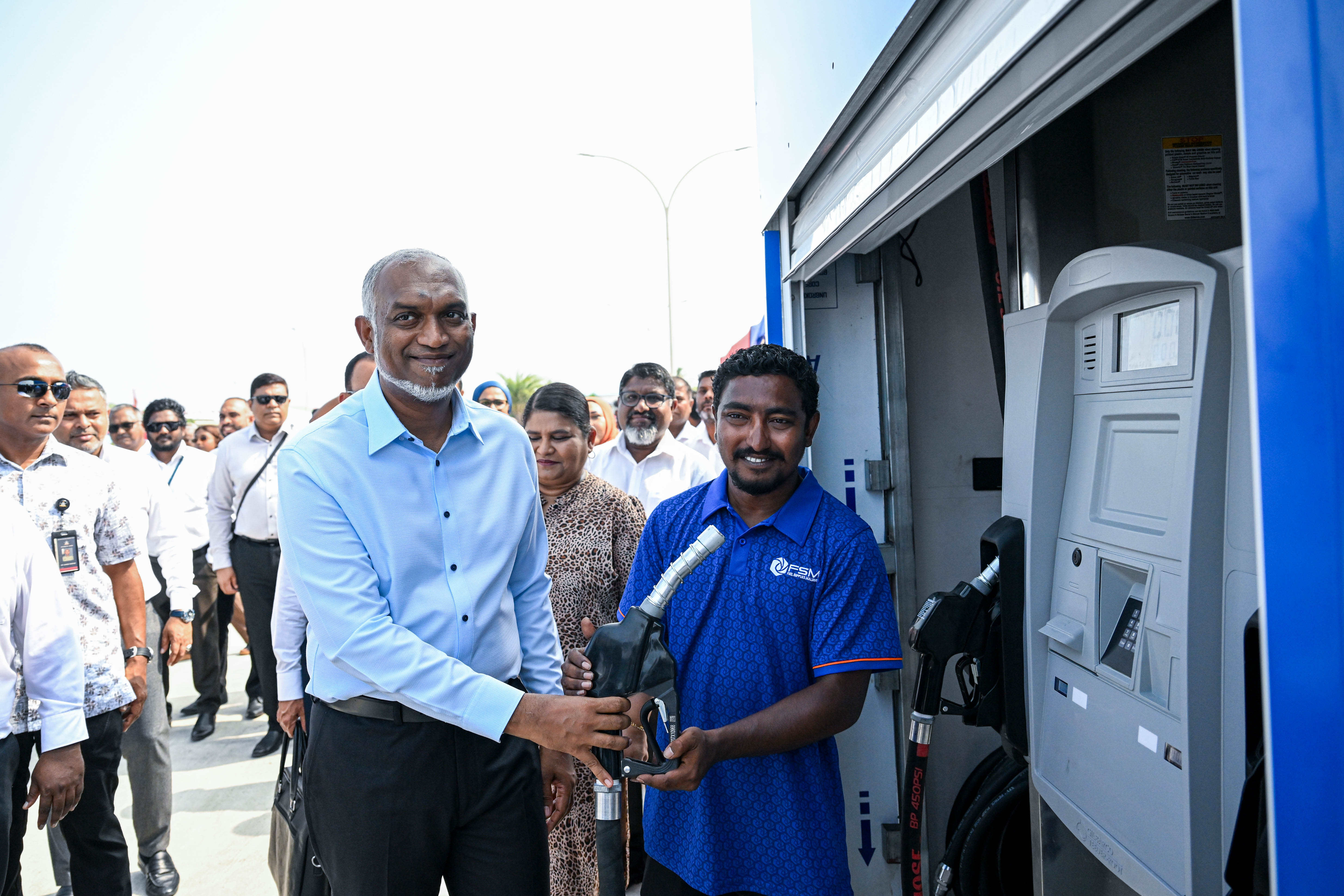At least 15 people have died of suspected heatstroke in India’s eastern states of Bihar and Odisha on Thursday, as the region faces a debilitating heatwave expected to persist until Saturday. India has been enduring an exceptionally hot summer, with a part of the capital, Delhi, recording the country's highest ever temperature at 52.9 degrees Celsius (127.22°F), pending verification by the India Meteorological Department (IMD).
Authorities in Odisha's Rourkela region reported the deaths of 10 people in a government hospital on Thursday, while five fatalities were recorded in Bihar's Aurangabad city due to "sunstroke." "About seven more people died on their way to the hospital yesterday, but the exact cause of their deaths will be confirmed after autopsies," Aurangabad District Collector Shrikant Shastree informed Reuters. The Odisha government has prohibited outdoor activities for its employees between 11 a.m. and 3 p.m., the hottest part of the day.
The IMD warns that while temperatures in northwestern and central India are expected to decrease, the heatwave in eastern India will likely continue for two more days. The IMD classifies a heatwave when temperatures are 4.5 to 6.4 degrees Celsius higher than normal. Local media also reported three deaths due to suspected heatstroke in Jharkhand state, which borders Bihar.
In Delhi, high temperatures have caused birds and wild monkeys to faint or fall ill. The city zoo has implemented measures to help its 1,200 animals cope, including using pools and sprinklers.
"We have shifted to a summer management diet, incorporating more liquid and seasonal fruits and vegetables with high water content," zoo director Sanjeet Kumar told ANI news agency. Delhi, expecting temperatures to reach 43 degrees Celsius on Friday, recorded its first heat-related death this week and is currently dealing with a severe water shortage.
Billions across Asia, including neighboring Pakistan, are struggling with soaring temperatures, a trend scientists attribute to human-driven climate change. India, the world's third-largest emitter of greenhouse gases, has committed to becoming a net-zero emitter by 2070, even as it faces the immediate impacts of climate change.
Meanwhile, northeastern states Manipur and Assam are experiencing heavy rainfall and flooding following Cyclone Remal, and monsoon rains arrived in Kerala two days earlier than anticipated on Thursday.
Authorities in Odisha's Rourkela region reported the deaths of 10 people in a government hospital on Thursday, while five fatalities were recorded in Bihar's Aurangabad city due to "sunstroke." "About seven more people died on their way to the hospital yesterday, but the exact cause of their deaths will be confirmed after autopsies," Aurangabad District Collector Shrikant Shastree informed Reuters. The Odisha government has prohibited outdoor activities for its employees between 11 a.m. and 3 p.m., the hottest part of the day.
The IMD warns that while temperatures in northwestern and central India are expected to decrease, the heatwave in eastern India will likely continue for two more days. The IMD classifies a heatwave when temperatures are 4.5 to 6.4 degrees Celsius higher than normal. Local media also reported three deaths due to suspected heatstroke in Jharkhand state, which borders Bihar.
In Delhi, high temperatures have caused birds and wild monkeys to faint or fall ill. The city zoo has implemented measures to help its 1,200 animals cope, including using pools and sprinklers.
"We have shifted to a summer management diet, incorporating more liquid and seasonal fruits and vegetables with high water content," zoo director Sanjeet Kumar told ANI news agency. Delhi, expecting temperatures to reach 43 degrees Celsius on Friday, recorded its first heat-related death this week and is currently dealing with a severe water shortage.
Billions across Asia, including neighboring Pakistan, are struggling with soaring temperatures, a trend scientists attribute to human-driven climate change. India, the world's third-largest emitter of greenhouse gases, has committed to becoming a net-zero emitter by 2070, even as it faces the immediate impacts of climate change.
Meanwhile, northeastern states Manipur and Assam are experiencing heavy rainfall and flooding following Cyclone Remal, and monsoon rains arrived in Kerala two days earlier than anticipated on Thursday.





